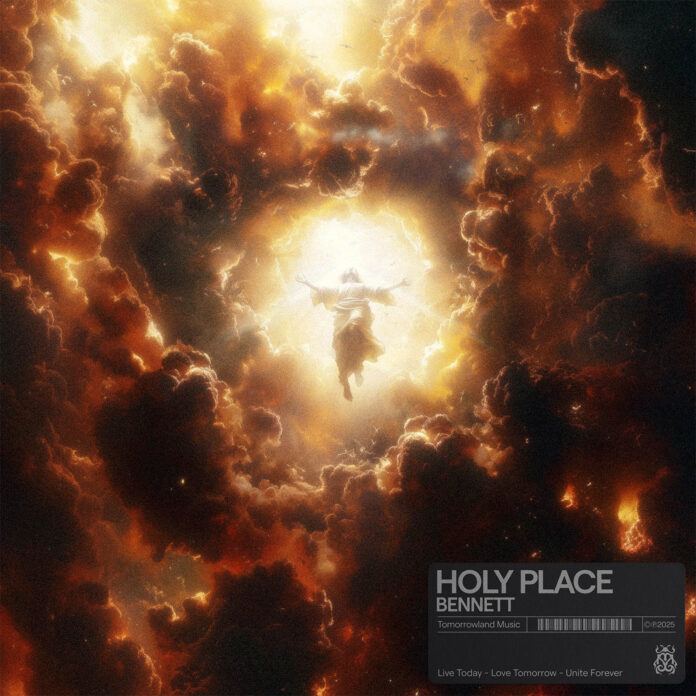Yu-Gi-Oh! taught kids growing up that billionaires are evil -- or, at the very least, that those in power are the ones most inclined to abuse it. The series' core villains are either wealthy people who take advantage of their influence or are driven to steal rare treasures.
While Marik and Bakura are essentially well-armed thieves, Yu-Gi-Oh!'s earlier villains -- Seto Kaiba and Maximillion Pegasus -- are incredibly wealthy individuals who use their financial power to destructive ends. Pegasus's Millennium Eye is a powerful weapon, but his wealth might be even stronger.
As both Kaiba and Pegasus end up absurdly rich due to their involvement in a children's card game, Yu-Gi-Oh! sets an unsettling trend throughout its run. The wealthy villains avoid consequences for their actions, all while using their resources to torment the less fortunate. The rules don't matter to those with money.
What Does It Mean to Have Money In Yu-Gi-Oh!?
Both Kaiba and Pegasus abuse their wealth and see no consequences for their actions, with their money seemingly buying influence over the legality of any situation. In the Yu-Gi-Oh! manga, KaibaLand isn't just a theme park centered on games, but a literal death trap. The holograms create illusions so terrifying they can drive people to insanity. Kaiba must have hired crews to develop these constructions, yet at no point did he encounter any legal roadblocks hampering his plan.
Likewise, Pegasus has his own island that presumably exists outside of any legal body. He can do whatever he wants, including putting people in life-or-death situations. He controls every element of his island, even keeping hostages, yet never once encounters any problems in doing so. Pegasus is above the law.
In both cases, Kaiba and Pegasus avoid consequences for their actions as no one comes to bring them to justice for their crimes. This is despite, at the very least, willfully creating an unsafe environment for pedestrians. No one in Yu-Gi-Oh! even considers just calling the cops on them for their obvious death traps. The authorities are useless because Pegasus and Kaiba own them. Their wealth runs the world and its rules bend to their wills.
Money Rules The Yu-Gi-Oh! World
This paints a truly grim portrait of Yu-Gi-Oh!'s universe. As the series goes on, we see that Duel Monsters is an incredibly influential game, with each new series further reinforcing its power in society. However, the money behind the technology to play the game allows billionaires to circumvent the rules that would normally restrict people from doing just about anything else.
This creates a satirical portrait of real life, where some rich people seemingly avoid consequences for their negative actions. However, the billionaires involved in Yu-Gi-Oh!'s various struggles can apparently dominate what happens in government. During the Battle City Tournament, Seto Kaiba essentially creates a scenario where people are put in critical danger.
The tag-team duel with Lumis and Umbra saw one of the most egregious cases of this. The duel took place atop a skyscraper, where the glass panes under the duelists' feet were wired to bombs. Should someone lose the duel, the bombs would go off. While the dub indicated the loser would be sent to the Shadow Realm, the original Japanese version said they'd be dropped through the building to their deaths. Kaiba himself is one of the duelists threatened by this.
Lumis and Umbra are allowed to set bombs to a building -- with enough time passing where they remain set -- but because of Kaiba's arbitrary rules, no one is dispatched to stop the bombs. After all, it would interrupt the duel. Kaiba's influence created a scenario where normal people could set death traps and the authorities could not step in. Billionaires don't just create dangerous situations for other people -- their influence can mean they're unable to get out of their own way, too.
About The Author

